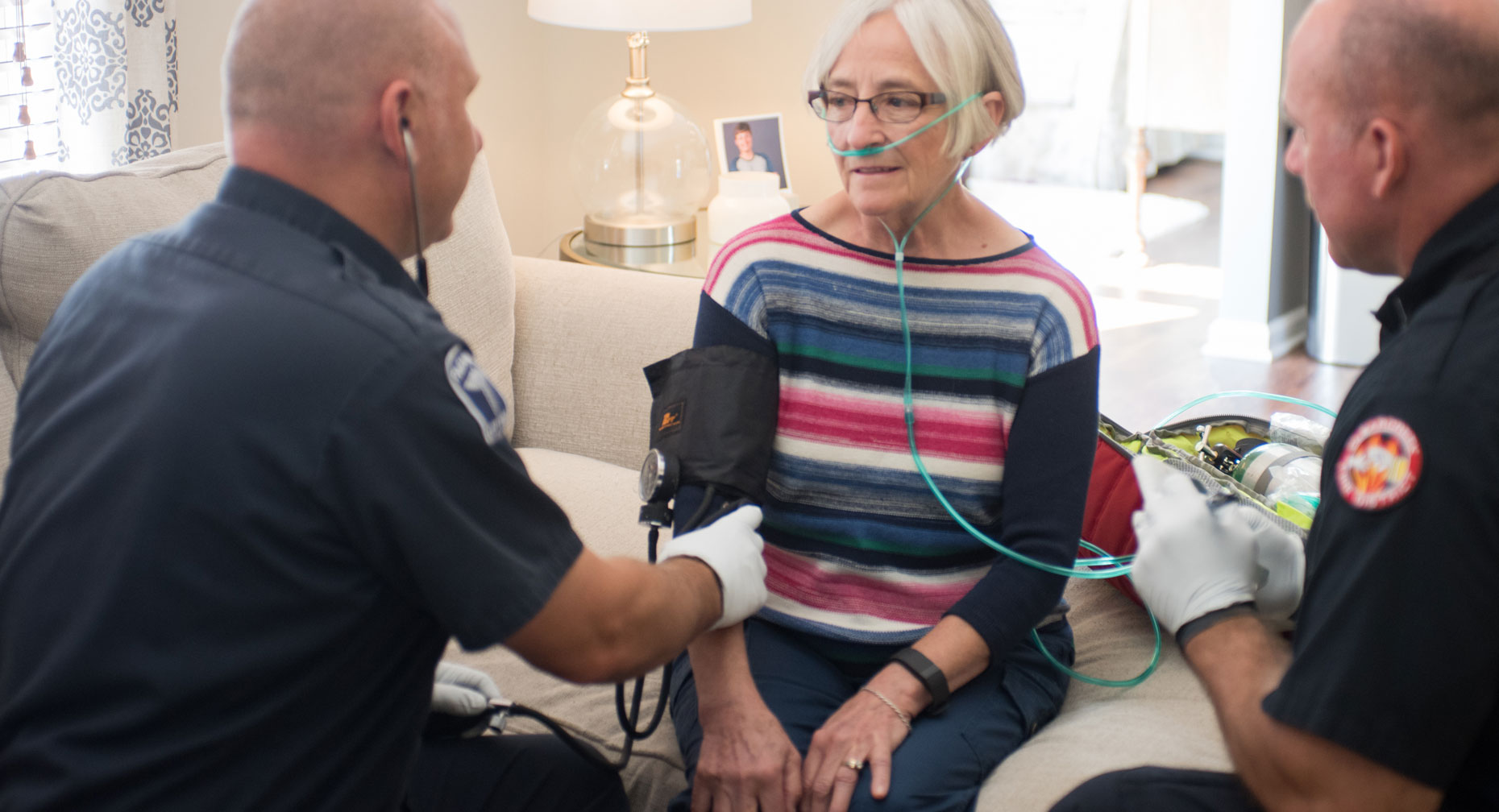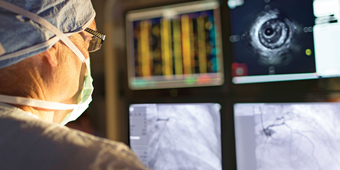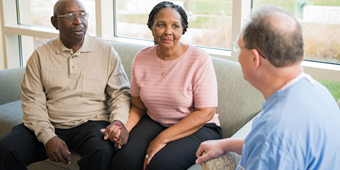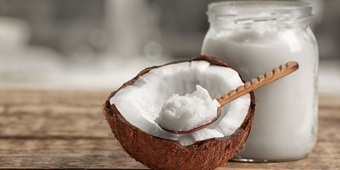Heart Attack Imposter or the Real Thing?

Find Your Perfect Match
Answer a few questions and we'll provide you with a list of primary care providers that best fit your needs.
Could that sharp pain in your chest be a sign of a heart attack—or a heart attack look-alike?
Cardiologist Mukul Chandra, MD, FACC, Miami Valley Cardiologists, stresses the importance of knowing heart attack symptoms, especially the differences in heart attack signs for women.
“All the cancers combined don’t add up to the number of women who die from heart disease each year. It’s the single most important risk as women get older,” he says.
Common heart attack symptoms for both men and women include:
- Chest pain or pressure
- Sweating or clamminess
- Shortness of breath
- Nausea or vomiting
- Pain, pressure, or a strange feeling in the back, neck, jaw, or upper belly, or in one or both shoulders or arms
- Lightheadedness or sudden weakness
- A fast or irregular heartbeat
“About 90 percent of the time, heart symptoms get worse with walking or exertion,” Dr. Chandra says. It may also worsen with stress or eating a large meal.
“If you’re at risk for heart disease, you must keenly tune in to your symptoms."
Heart Attack Look-Alikes
Several conditions cause pain in the chest area, but many have subtle differences worth noting. Here are some heart attack imposters, with clues to how they differ from a heart attack.
- Gallbladder disease and gallstones: Symptoms tend to be on the right side, away from your heart, which is on the left. A gallstone attack often includes diarrhea and pain after a fatty meal.
- Heartburn/indigestion: Pain from these symptoms of gastroesophageal reflux disease (GERD) tends to be worse on an empty stomach. You may notice a sour or bitter-tasting acid backing up into your throat or mouth. It often improves by taking an antacid or eating. Dr. L. Stewart Lowry talks you through heartburn and types of reflux.
- Costochondritis: This inflammation where the ribs join the breastbone occurs more often in younger women and generally hurts if you press on it.
- Muscle strain or chest wall pain: This pain often follows new or increased physical activity and may hurt when you move your upper body, take deep breaths or exercise.
- Pneumonia: Generally this infection of the lungs comes with cough and fever.
- Pleurisy: Swelling of the thin layers of tissue covering the lungs and chest wall may cause sharp pain that often feels worse when you cough or take a deep breath.
- Pulmonary embolism: If you are bedridden or immobile for a long time due to surgery or a fracture, blood clots can form in your legs and travel to your lungs. You’ll feel a deep pain in your chest and extreme shortness of breath that comes on quickly.
- Hiatal hernia: This condition in which the stomach pushes through a weakened area in the diaphragm wall tends to cause more discomfort while lying down. It generally improves if you prop yourself up on a few pillows.
- Shingles: Caused by the chicken pox virus, shingles may cause burning rib or chest pain on one side of the body just before a rash appears.
Click play to watch the video or read video transcript.
In summary, your pain is less likely to be heart-related if it: occurs along with a sour or acidic taste in your mouth, happens after you swallow or eat, changes with your body position, is worse with deep breathing or coughing, hurts when you push on your chest or comes with a rash.
Don’t Overlook Heart Disease Risk Factors

“If you’re at risk for heart disease, you must keenly tune in to your symptoms,” Dr. Chandra says. “If you’ve had diabetes or have been on high blood pressure medicine for years, if you smoke, are obese, are over age 65, or have a family history of heart disease, always consider heart disease as a possible cause for your symptoms,” he says.
Dr. Chandra describes a patient in her early 60s, who is physically active and in good health but has diabetes. Every time she walked, she had heartburn, gas and belching. Her doctors looked for a digestive cause and found a bacterial infection.
“Then she came to us, and we did a stress test. She had probably had a silent heart attack and had lost two-thirds of her heart muscle,” he says. “Clearly she had heart disease without knowing it. Often in patients with diabetes, it doesn’t show up as chest pain.
“She had diabetes for 20 years and her father had had a heart attack. I would have considered heart disease as a cause of her symptoms several weeks before the diagnosis was made.”
When to Call 911
Having risk factors for heart disease and experiencing a new, unexplained chest pain that lasts more than 20 minutes warrant seeking medical attention immediately, Dr. Chandra counsels.
“Whether it’s in the middle of the night or in the afternoon, and you’re having back pain or heartburn that’s doubling you over with pain for 20 or 30 minutes—that’s a 911 call,” Dr. Chandra says.
He also stresses the need to see your doctor for more subtle signs, like nausea or shortness of breath with mild exertion, especially if you have heart disease risk factors.
Find Your Perfect Match
Answer a few questions and we'll provide you with a list of primary care providers that best fit your needs.
Source: Mukul Chandra, MD, Miami Valley Cardiologists; American College of Cardiology; MedlinePlus; AARP




